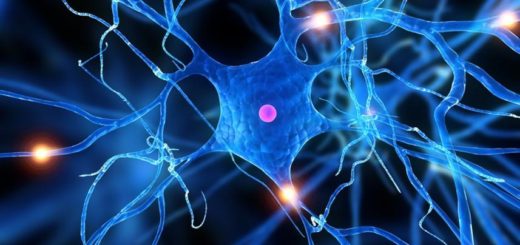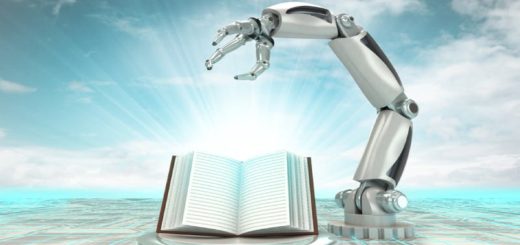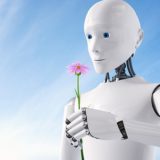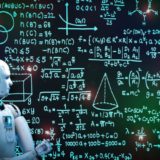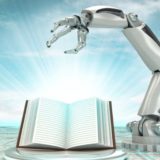21 Lessons for the 21st Century review: Negative effects of Artificial Intelligence on society
by Ready For AI · Published · Updated
In new the book '21 Lessons for the 21st Century' by Harari tells us that the negative effects of artificial intelligence on society shouldn't be ignored.
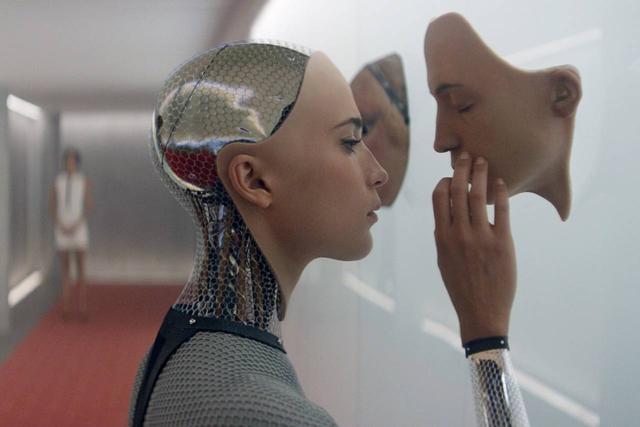
"Useless class" created by artificial intelligence
Since the birth of artificial intelligence, the debate about risk of artificial intelligence has not stopped. For example, Kevin Kelly, editor-in-chief of Wired magazine, said that 70% of the work will be replaced by robots in the future. The conclusion that “artificial intelligence and robots will grab human bowls” is almost no doubt.
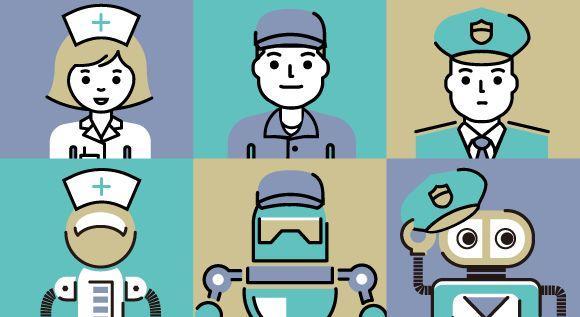
Based on this conclusion, Harari has taken another step forward. He believes that because of the development of artificial intelligence and robots, there will be a large number of “useless classes” in human society. These large numbers of people cannot The world makes any contribution and can only spend time waiting for death.
In the past, artificial intelligence was mentioned. We generally think that the work of creativity and art is relatively safe and will not be taken away by machines. But Harari tells us that all walks of life, including creativity and art, will be replaced by artificial intelligence and robots in the future. In this book, he gave a very interesting example:
Assuming you have just lost love, artificial intelligence algorithms can help you through the “five stages of sadness”
- First, use Bobby McFerlin's song "Don't worry, be happy" to help you deny the facts that occurred;
- Second, use Alanis Morissette‘s "You Oughta Know" to let you vent your anger;
- Third, then use Jacques Brel's "Don't Leave Me" and Paul Young's "Come Back and Stay" to encourage you to bargain;
- Fourth, use Adele Adkins' "Someone Like You" to let you deeply understand the frustration;
- Fifth, finally use Gloria Gaynor's "I will Survive" let you accept everything.

Next, the artificial intelligence algorithm will tailor the melody of these songs for you. There may be songs everywhere, but there is a place you don’t like. Maybe you haven’t realized it yet, but the artificial intelligence algorithm already knows it – because as soon as you get there, your heart rate will change and the adrenaline will drop slightly. The artificial intelligence algorithm can rewrite this place that you don’t like, or even completely delete it. Ultimately, the algorithm can tailor the songs you only like on the world based on your biometric data. With this alone, artificial intelligence can surpass the world’s most powerful composers.
Using biochemical mechanisms to manipulate humans
In the long run, artificial intelligence and robots will know their emotions better than humans, and even manipulate human emotions. Because in essence, the reason why human beings have different feelings for various things is because of the division of labor in the biochemical mechanism of human beings.
For example, when we are happy because of something, the result is the combination of neurons and biochemical substances such as serotonin, dopamine, and adrenaline. In the future, artificial intelligence can realize real-time monitoring of human biochemical mechanisms, thereby realizing the ability to predict and manipulate humans. In other words, humans in the future may be fully controlled by artificial intelligence programs.
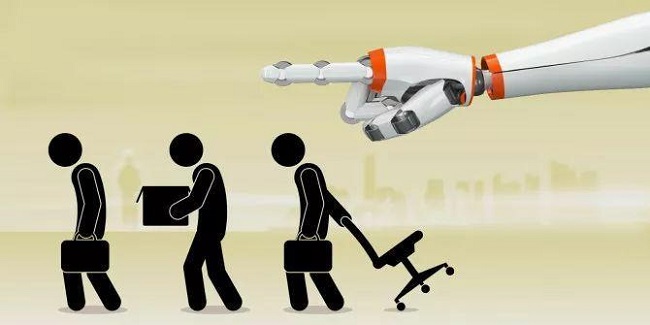
Not only that, but Harari also mentioned two important abilities, one called “connectivity” and the other called “renewability”; these two capabilities, artificial intelligence and robots, are not available to humans. This is also where artificial intelligence transcends humanity.
It means that machines can communicate with each other, and countless machines are connected to form a huge network. For example, Harari believes that after the popularity of automatic driving, the probability of a car accident will decrease. Because the trajectory and speed of all vehicles will become part of the autonomous driving network, there will be less accidents between individual individuals due to poor communication or lack of understanding of the other party’s intentions.
It is a bit like updating our app on our phone. For example, Google released an updated version of the YouTube app, and everyone can download updates through the app store, and you can use the new features after the update. But such ability, humans do not have – for example, a pharmaceutical company has developed a new anti-cancer drug, artificial intelligence machine doctors can synchronize information instantly, improve treatment efficiency, but human doctors can not do this quickly and accurately information.
Artificial intelligence will destroy "liberalism"
Furthermore, if artificial intelligence and robots have mastered so much data from humans, the future is not just about stealing human rice bowls.
Harari believes that if data is controlled by artificial intelligence and robots, and artificial intelligence and robots are controlled by several tech giants, then another serious problem arises: data dictatorship. Even today, technology giants such as Google, Facebook, Alibaba, and Tencent have mastered the data of many people. In the near future, tech giants will know your living habits and privacy.
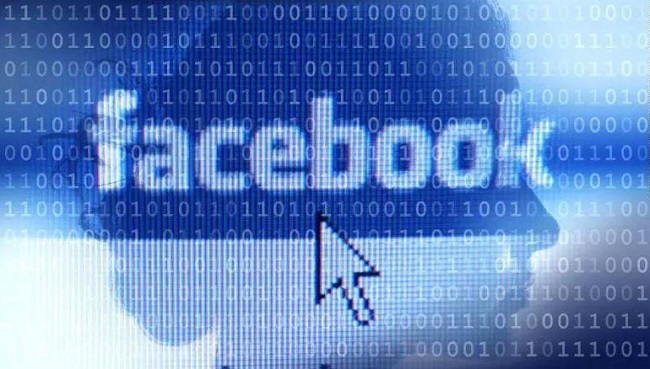
But if the data is nationalized, there may be government-led data hegemony; on the other hand, if everyone has data, it is not difficult to implement. Therefore, how to regulate the ownership of data is also a problem that all human beings need to face together.
In addition to unemployment threats and data dictatorship, Harari believes that artificial intelligence and robots will also destroy “liberalism” at the spiritual level and completely deprive human freedom.
What is “liberalism”? To put it simply, it is politically democratic elections, the economy is free from the market, and the individual is free to do everything without violating others.

But precisely because liberalism advocates personal choice, artificial intelligence and robots can completely deprive human freedom by manipulating human biochemical mechanisms. For example, when electing leaders, voters often do not consider the pros and cons, rational thinking, but “feel” who is more reliable, who will choose. But as long as there is enough data and interventions by human biochemical mechanisms, “feeling” is the easiest to be manipulated by artificial intelligence and robots. Perhaps in the near future, human beings will no longer have self-awareness, and all behaviors are the result of manipulation.
Will humans really lose to artificial intelligence?
Of course, one thing must be clear: Harari’s view of history and the perspective of analyzing the world are just one of many different perspectives. Although Harari’s perspective is novel and unique, it only gives us a dimension when we know the world.
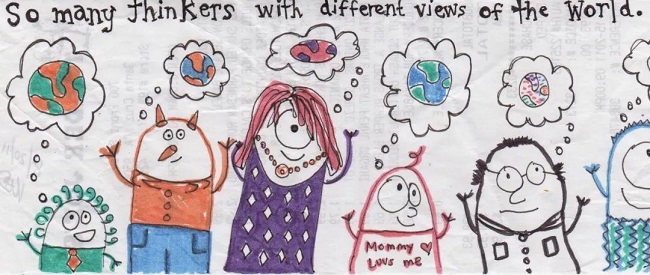
For example, American senior technology expert Mynul Khan believes that artificial intelligence and robots will not take away human work. Although the popularity of artificial intelligence and robots will reduce traditional jobs, it will also create more new jobs. A 2011 study also showed that 1 million industrial robots can directly create nearly 3 million individual jobs.
At the same time, when humans and machines deal with each other, the support of professional and technical personnel becomes indispensable. Because the robot will inevitably fail, it usually needs maintenance and upgrades. With the increasing popularity of artificial intelligence and robots, human society also needs more talents with technical expertise to maintain and optimize artificial intelligence systems and related hardware, which are new jobs for new technologies.
Conclusion
It is undeniable that negative effects of artificial intelligence on society are real, but even though artificial intelligence and robots have a lot of data, the conclusions they draw don’t necessarily reflect the real world. In this regard, former Google data scientist Seth Stephens-Davidowitz said in his 2017 best-selling book, “Everyone Lies,” that data applications have one of the biggest pitfalls, they are called “The curse of dimensionality”.
To put it simply, when a data is affected by a very large number of variables, there are always one or two variables that match the results of this data. But the conclusion is often that there is no causal relationship between these two variables and the data you want to study.
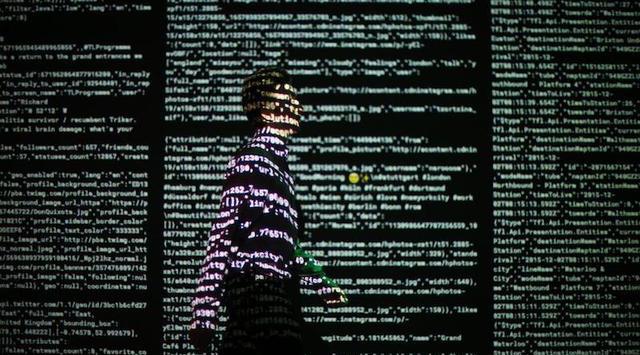
For example, when studying the stock market, some people found that some Twitter keywords completely conformed to the trend of the stock market; or when studying genetics, they found that a certain gene of Gaozhi merchants is different from others. However, after a long period of observation, it was found that these factors are just coincidences in the arrangement of thousands of data.
Therefore, humans cannot use Twitter to predict the trend of the stock market, or use a gene to predict human IQ. For extremely complex problems such as stock market or IQ, the use of data to predict causality is far from mature.
Moreover, the logic behind dataism is positivism, which is to understand reality based on known phenomena. From this perspective, even if artificial intelligence and robots collect all the data in the world, they still have difficulty in understanding the complexity and depth of human nature.


